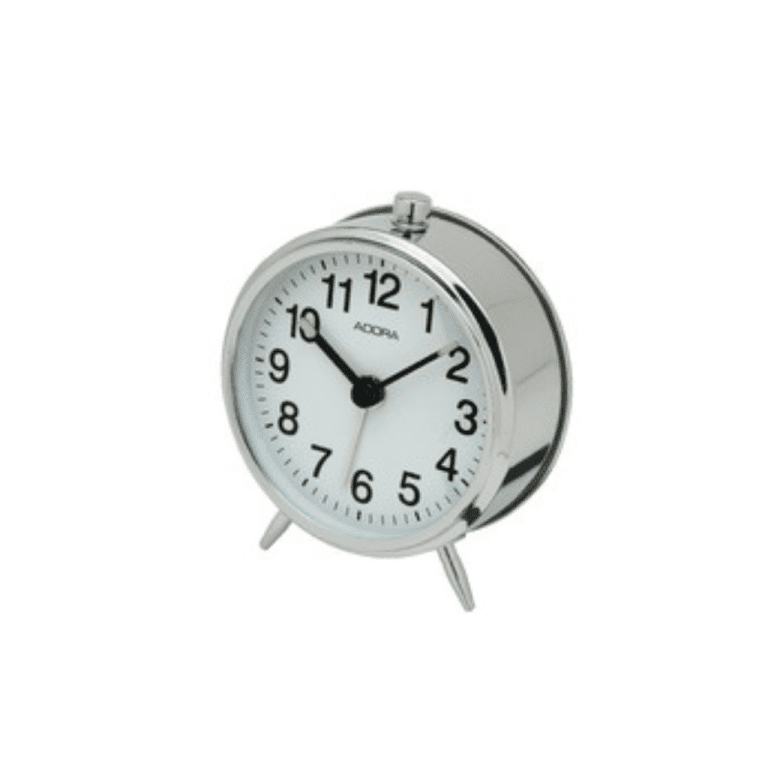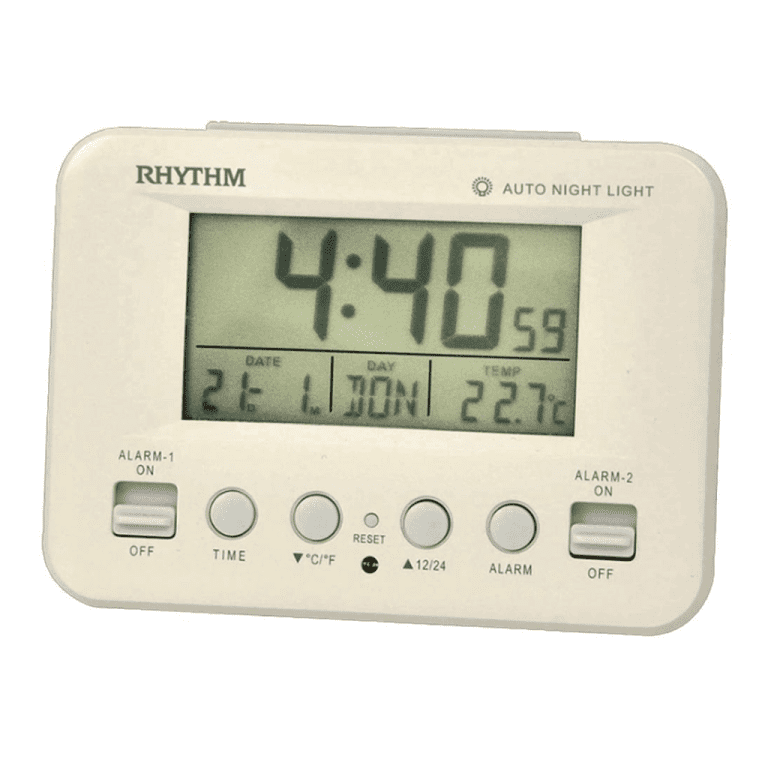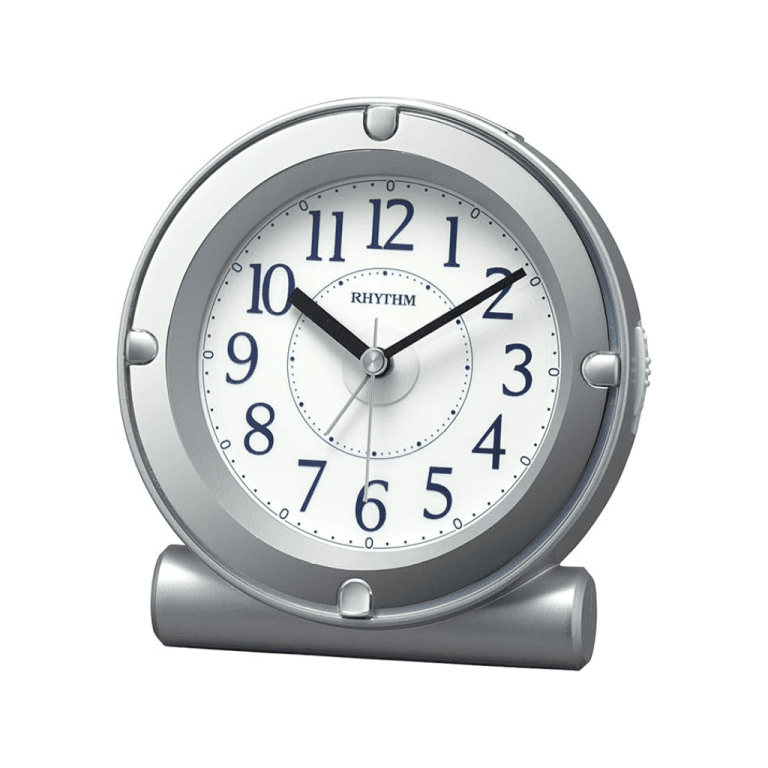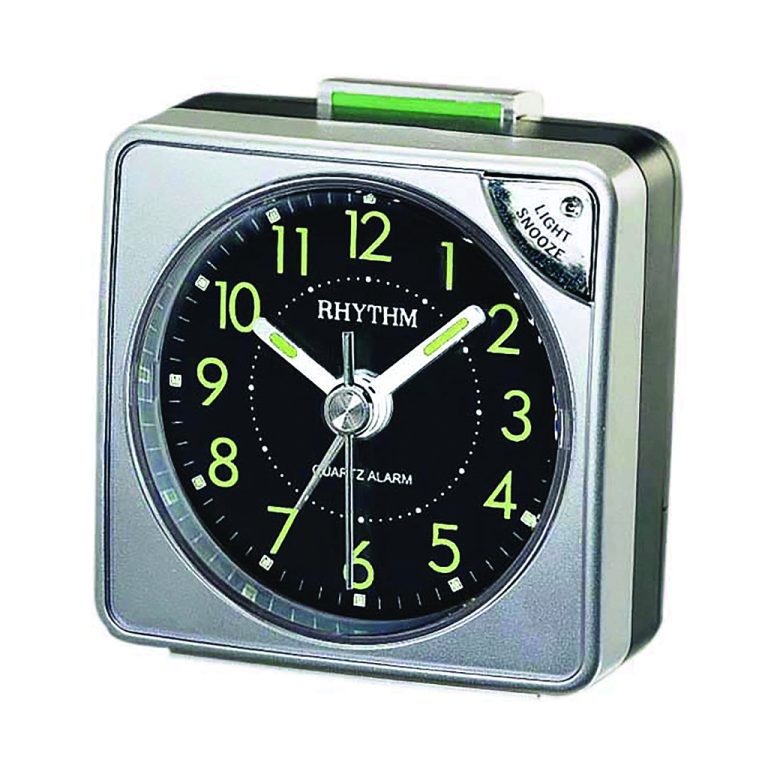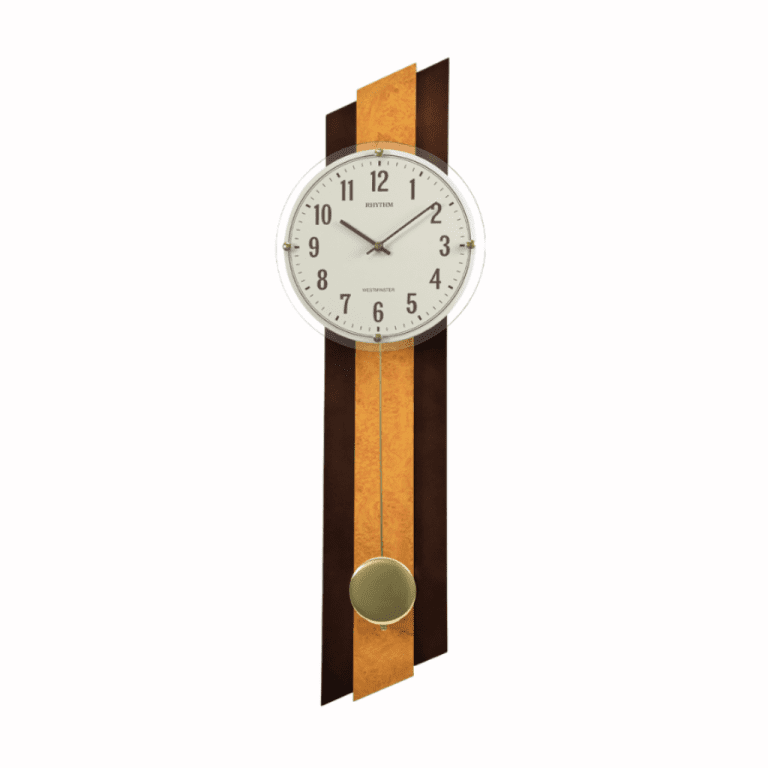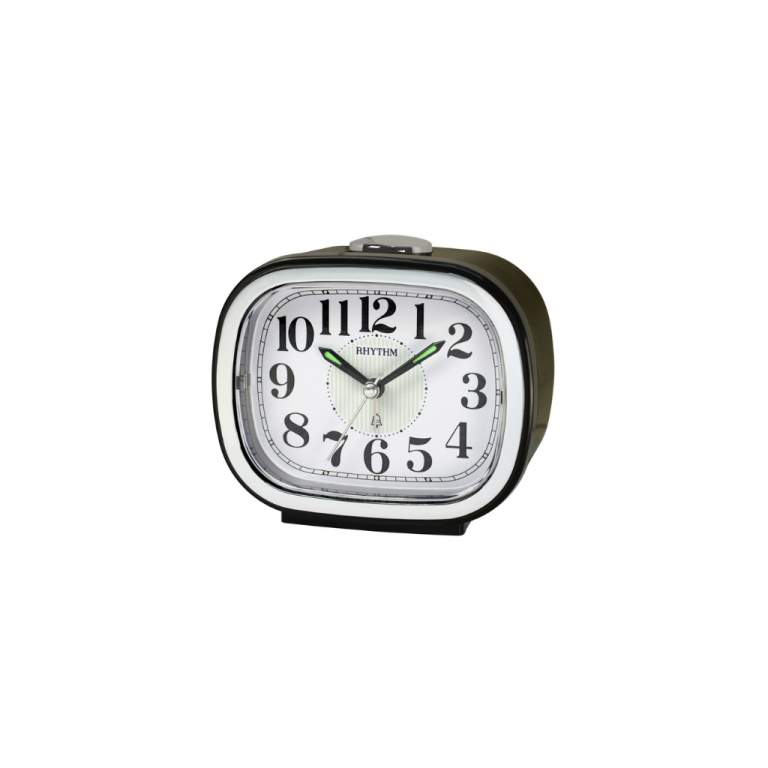Below, we have detailed some of the important questions;
How Do You Take Care of a Clock?
To take care of your wall clock, the primary requirement is to provide a clean and moisture-free environment. Then you should regularly check the time. In case you forget, check when changing the battery. Aside from that, wall clocks require professional care every 2 to 3 years, depending on the manufacturer’s recommendations.
How Do You Clean a Wooden Clock?
Wood can pile up dust on it and look like it is fading. Regular dusting with a wet cloth is enough to clean its surface. Nevertheless, the wood clock will require varnishing no matter how you take care of it. To apply varnish, first clean and dry the surface, including corners and edges. Then, apply varnish that conforms to your wood wall clock. Some wood clocks need wax to accentuate their color.
How Often Should You Service a Clock?
Wall clocks require routine maintenance every 2 to 7 years, depending on the type of clock and how you care for it. Lubrication is the fundamental reason why mechanical wall clocks need professional maintenance. So, regular lubrication can reduce maintenance requirements.
What is the Best Way to Clean a Clock?
Wall clock components are made out of different materials; therefore, you need to use different methods to clean them. You can use a soft, clean cloth or cotton to clean the wall clock’s surface. However, the hands may get wet and damaged, especially if they are painted. So, be sure to clean the clock’s hands with a dry cloth.
On the other hand, acrylic and metal surfaces may develop hardened grime that requires a specific solvent to remove.
What Can I Use to Lubricate a Clock?
Lubricating a wall clock is the most essential step in order to prevent excessive friction. The lubricants should have a low viscosity to stick to moving parts. One of the most effective ways to lubricate a wall clock is to do it with clock oil. Clock oil has all the features a clock needs.
Another lubricant for mechanical wall clocks is grease. Grease is a thick lubricant, and it works best in cold conditions. Additionally, silicone oil and graphite can also be used as lubricants for wall clocks. While silicone oil protects plastic parts, graphite is only beneficial for specific types of clocks.
Should You Oil a Clock?
Wall clocks that operate mechanically need to be lubricated. It is recommended to lubricate mechanical wall clocks every three to five years. Quarts mechanisms, on the other hand, do not need to be lubricated, except for specific models. Most of these clocks are large and have high torque. They require lubrication for their mechanical parts.
How Do You Maintain a Wall Clock?
For your wall clock to keep time accurately, you need to follow these steps:
- Setting and winding regularly, and if necessary
- Proper alignment
- Regular Cleaning
- Make sure the pendulum of the wall clock is adjusted evenly.
- Professional upkeep
- Avoid sun exposure
- Avoid DIY repairs.
Can I Use Alcohol to Clean a Clock?
As long as you are careful when using alcohol, you can use it to clean your wall clocks. To have an effective cleaning with alcohol, you should use isopropyl alcohol rather than ethyl alcohol. Using a soft, wet fabric, drop diluted alcohol and apply it with smooth, round motions.
Can You Clean a Clock with WD40?
WD-40 is a multipurpose product that is suitable for hard, non-delicate products. A major reason why WD-40 should not be used is that it leaves residues behind that interfere with the clock’s gears. Another problem with WD 40 is that it removes the existing lubricant from the gears. This greatly affects the clock’s ability to function. When oiling your wall clock, use a mild, non-abrasive lubricant.
Is Silicone Spray Good for Clocks?
Silicone spray is used to lubricate plastic clock parts, such as plastic gears. However, it may be detrimental to certain types of plastic components. So you should ensure its compatibility with your wall clock. During spraying, you should save metal components from it. Additionally, the excessive application may collect dust and turn it into a stick contaminant.
Can We Use Water in Place of Clock Oil?
Water cannot be used in place of clock oil. The residue it leaves behind develops rust. In just a few months, corrosion caused by water disrupts the clock’s function. Additionally, it may cause wooden surfaces to swell.
Credited to: https://www.mclocks.store/









